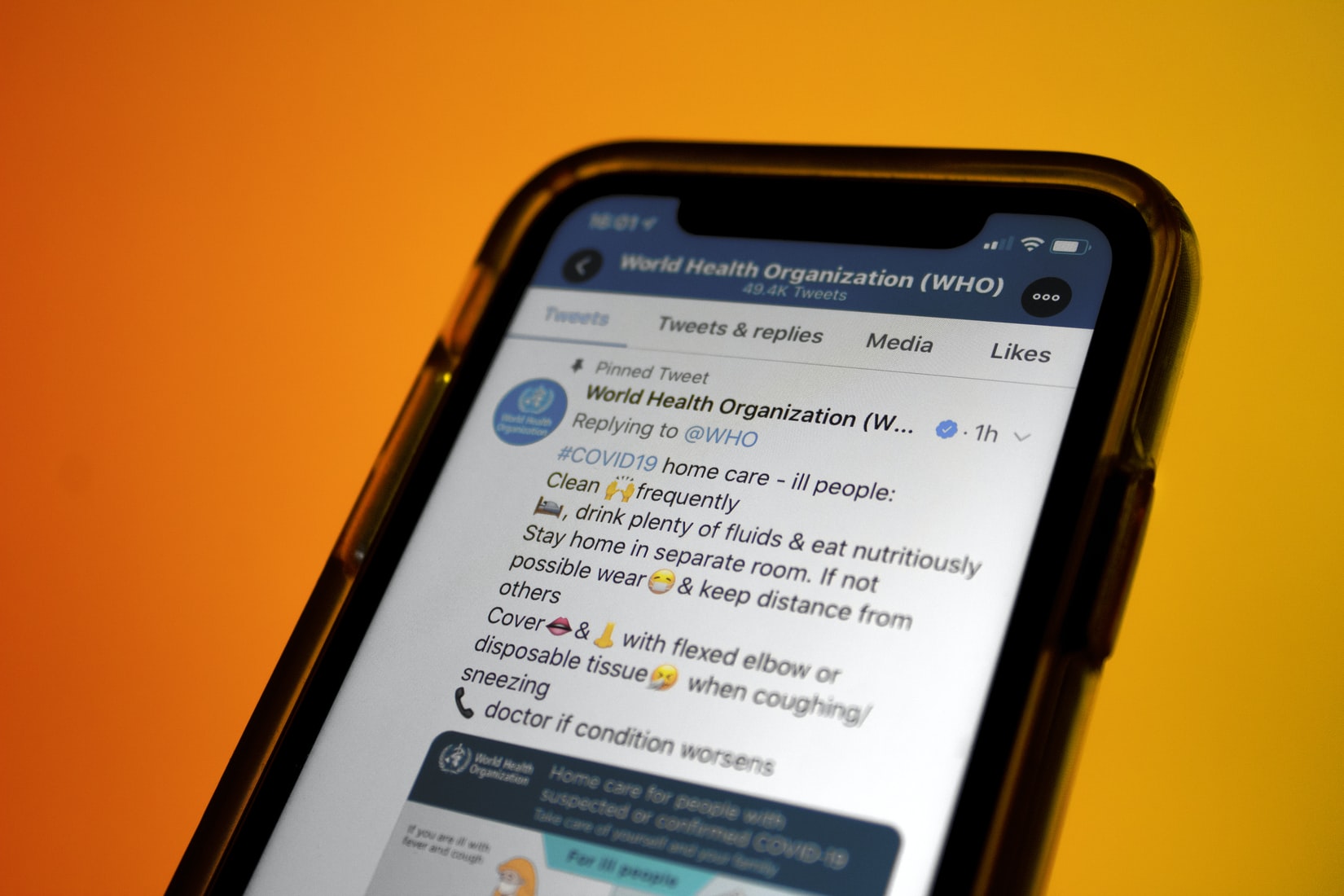There have been some interesting studies revealed this week for marketers and advertisers alike. From insights into video ads to calls for full-transparency disclosure on targeted marketing, there’s a lot to talk about. Here is our five to watch this week in digital.
A study identifies seven key trends to help CMOs navigate pandemic
A recent study by Deloitte has found seven trends that should help CMOs (Chief Marketing Officers) navigate their way through the pandemic. Those seven trends include:
- Purpose – 1 in 5 customers will support a brand with positive brand actions.
- Agility – of those who identified a brand who had pivoted their offerings in line with the pandemic, 19.82% said it made them want to do more business with that brand.
- Human experience – 56% of respondents said they wanted a more “human” experience from virtual environments.
- Trust – consumers are 2.8 times more likely to continue using a brand if they are upfront and honest about things like data breaches.
- Participation – 56% of respondents have had direct communications with a brand in the past year via social media.
- Fusion – 42% of C-suite executives are looking at digital investments as a way to improve efficiency.
- Talent – 77% of CMOs have turned to AI to automate work during the pandemic.
Could contextual marketing be the answer to the demise of third-party cookies?
Browser updates are making third-party cookies a thing of the past. While these have been marketers’ sources of consumer activity and behaviour for years, there are now talks over how to continue the same work without cookies. It has been suggested that contextual marketing is the answer.
Contextual marketing works by bringing together both online and mobile marketing. It uses targeted advertising based on search terms and browsing activity to attract a specific audience.
A new study reveals audiences are warming to addressable ads
A recent study looked to answer the question of whether or not audiences preferred addressable ads to normal ads. It turns out, respondents liked addressable ads four times more than their non-addressable counterparts. Additionally, 60% of viewers in the study felt TV is something different from what it was five years ago. This could prove crucial information for advertisers going forwards.
Researchers propose a new standard for advertising disclosures
15 researchers from universities across America have proposed new transparent disclosure for advertising. The researchers believe that although companies are acknowledging the issue of targeted ads, they aren’t doing enough to solve the issue.
The new proposal suggests the use of a universal ad disclosure used by every platform that publishes digital ads. The study claims that if a universal system is used, it will provide a level playing field for platforms and advertisers. It will also make data and the internet in general safer for everyone.
Video ads drive nearly half as many more sales than static ads
A study by VidMob has found that video ads drive 48% more sales than static ads. The report suggests this is important information for retailers in the lead up to a pandemic Christmas.
VidMob compared performance for e-commerce and retail ads on Instagram, Facebook, Facebook Messanger and Facebook Audience Network from the fourth quarter of the past two years. From there, they looked to see if there was an effect on holiday shopping.
In terms of optimum video length, ads that were 10-15 second had a purchase rate that was 19% higher than average. When it comes to creative, ads that showed some text within the first frame, or within the first three seconds, boosted online purchases by 46% compared to ads that didn’t use text.
Are you looking for support with your digital marketing? Get in touch with us to see how we can work together. Email us on team@modo25.com.






